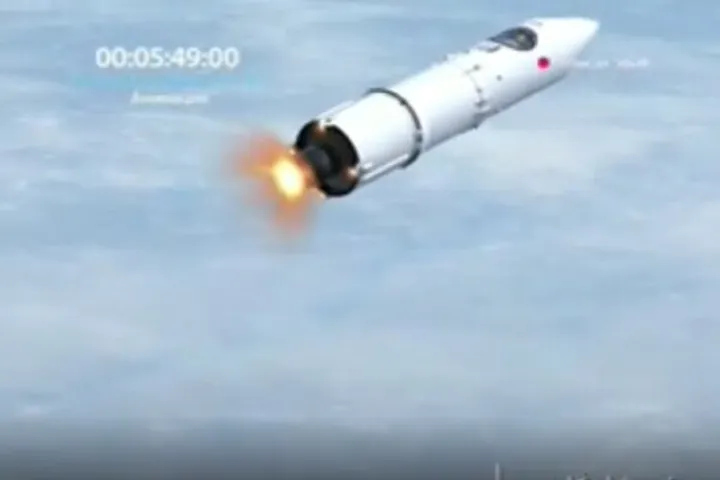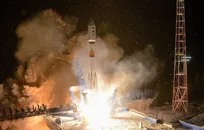Space`s specials
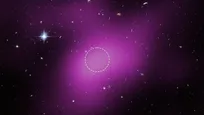
NASA Identifies First Confirmed Starless Object Dominated by Dark Matter
TEHRAN (ANA)- NASA scientists say they have confirmed the universe’s first known example of a starless, gas-rich object governed primarily by dark matter, a discovery that offers fresh insight into how galaxies form—and fail.
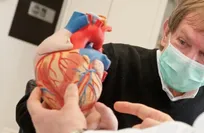
Germany Plans to Pioneer Human Organ Manufacturing in Space
TEHRAN (ANA)- Germany’s Christian Social Union (CSU) is pushing to position the country as a global leader in space technology by harnessing advanced techniques to manufacture human organs in orbit, a move it says could revolutionize transplant medicine.
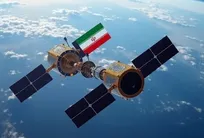
Iranian Satellites Zafar, Paya and Kowsar Begin In-Orbit Testing Successfully
TEHRAN (ANA)- Iran’s Space Agency announced on Sunday that three domestically developed satellites—Zafar, Paya and Kowsar—have successfully entered the in-orbit testing phase, completing their first round of post-launch evaluations with positive technical results.
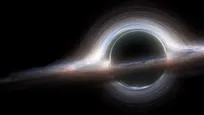
Einstein Might Have Been Wrong about Black Holes
TEHRAN (ANA)- Researchers are using black hole shadows to challenge Einstein’s theory of relativity, a report said, adding, with new simulations and future ultra-sharp telescope images, they may uncover signs that his famous equations don’t tell the whole story.

Information, Communication Technology Park of Iran Ready to Establish Specialized Space Center
TEHRAN (ANA)- Head of the Information and Communication Technology Park of Iran underlined readiness to establish a specialized space center in cooperation with the Iranian Space Agency.
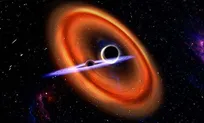
Twin Black Hole Collisions Offer Most Precise Test of Einstein’s Theory Yet
TEHRAN (ANA)- Two recently detected black hole mergers, observed just a month apart in late 2024, have given scientists their most precise test yet of Einstein’s general relativity.
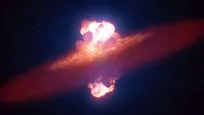
Astronomers Unveil Surprising Hidden Geometry of a Supernova
TEHRAN (ANA)- Astronomers have, for the first time, recorded the moment a star’s explosion broke through its surface.
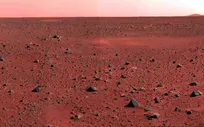
This Common Organism Could Survive on Mars
TEHRAN (ANA)- A team of Indian researchers has discovered that baker’s yeast can survive extreme Martian-like conditions involving high-intensity shock waves and toxic perchlorate salts.

Astronomers Discover Thousands of Hidden Siblings of the “Seven Sisters”
TEHRAN (ANA)- Using NASA and ESA space telescopes, astronomers found thousands of hidden stars linked to the Pleiades (Seven Sisters), forming a colossal stellar complex.
Technology-to-Market
